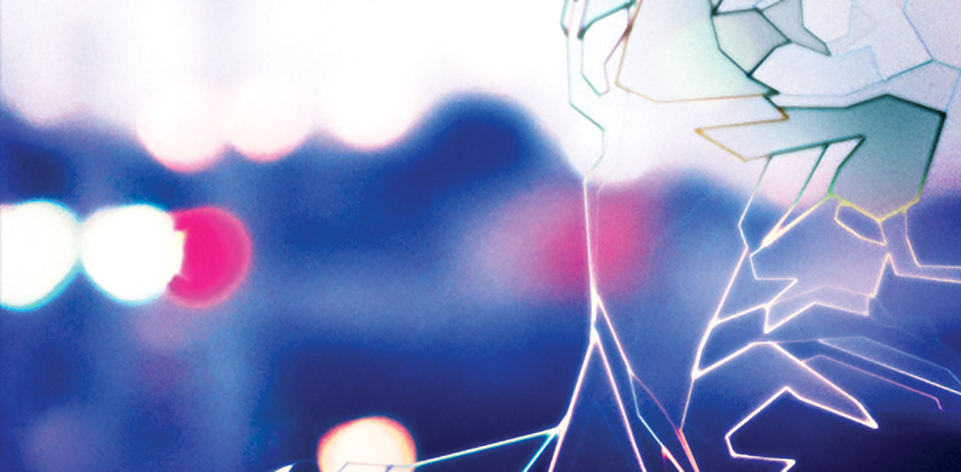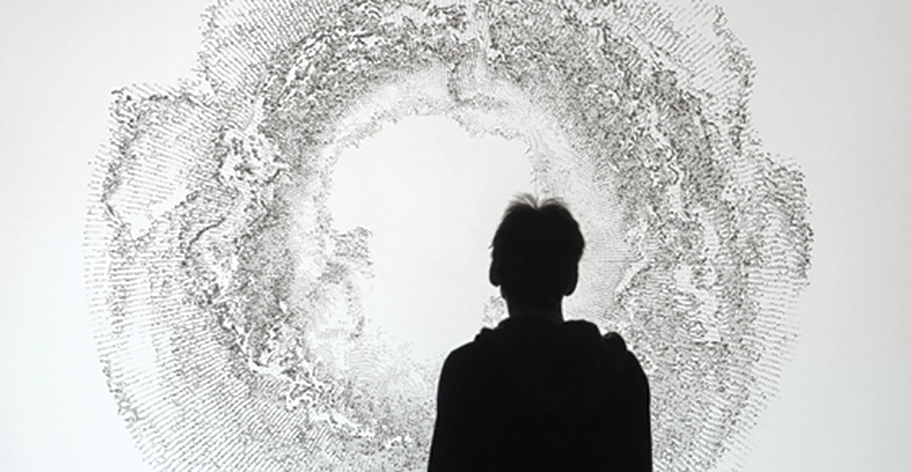Cambridge Festival of Ideas aims to get us all thinking about the big issues… Nicola Foley discovers a wealth of material
Brexit, migration, gene editing and human enhancement are just some of the stimulating subjects under the spotlight at this year’s instalment of the Festival of Ideas.
Now entering its ninth year, this annual event is geared towards tackling the big issues facing the global community, presenting a dazzlingly huge and varied series of talks, debates, exhibitions, film screenings, hands-on activities and more.
At the heart of the 2016 festival is a theme of movement; encompassing historical movements, technology, art, politics, music and people. With the movement of people – and in particular migration – dominating the headlines this year, there will be a special focus on this throughout the festival, with various events exploring associated issues.
“The role of the Festival of Ideas is to challenge people’s thinking and the status quo,” says Festival coordinator, Malavika Anderson. “With movement and changes across the globe now happening at a dramatic rate, we want to ensure that areas which affect our lives are being properly questioned and explored. A core aim of the Festival is to share with the public, in a two-way process, some of the incredible research and thinking that is happening in Cambridge and beyond across disciplines and institutions. We very much encourage audience participation and questions.”
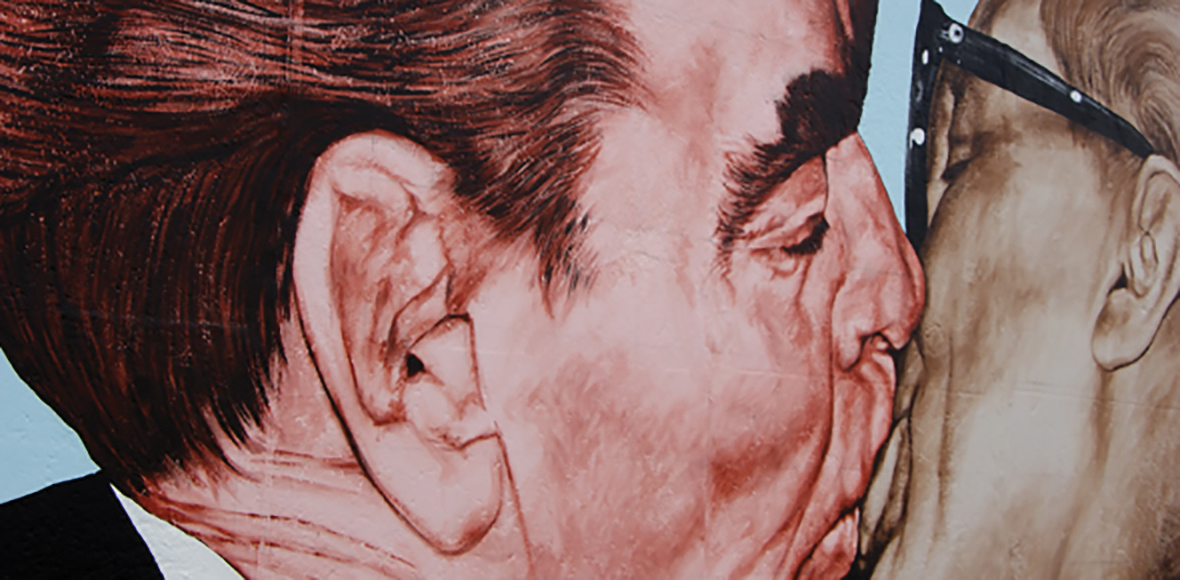
Talks
As always, technology is a hot topic at this year’s festival, with a great crop of talks on offer which are guaranteed to get your grey matter working. On 22 October, join an expert panel which includes cognitive scientist Margaret Boden, John Wyatt from the Faraday Institute and Jaan Tallinn, founding engineer of Skype and co-founder of the Future of Life Institute. They’ll be discussing the implications and ramifications of AI, plus taking questions from the audience in Artificial Intelligence: Its Future And Ours.
Also on the 22nd, the Centre for Computing History hosts Electronic Dreams, which offers an insight into our love affair with computers. And what better place than Cambridge, the birthplace for the world’s first affordable home computer, to host technology historian Tom Lean’s nostalgic meander down memory lane.
Bringing us bang up to date is Smartfiction on the 28th, which considers whether phones have become our primary reading devices, exploring the nature of smartphone native fiction.
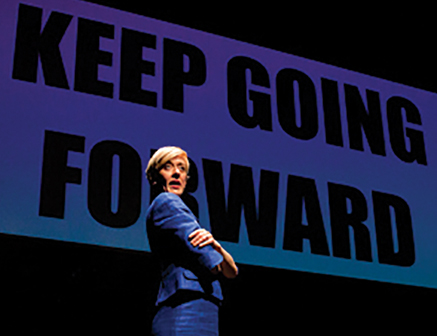
Continuing the technology focus is Blood Data, a panel discussion centred around the costs – often hidden – of the big data society in which we live, covering topics that include the environmental consequences of cloud computing and e-waste, as well as the ubiquitisation of surveillance.
From high-technology to the arts, join a debate on whether Shakespeare is still relevant, taking place on the 22nd. Marking the 400th anniversary of Bard’s death, a panel will consider what we can still learn from him in a modern context, beyond enjoying his plays. Reimagining Opera, meanwhile, will tell the surprising story of opera’s past, travelling back to when it was a vibrant, dynamic art form on the move around 19th Century Europe.
Perhaps you’re more of a silver screen lover? Join Dr Colin Shindler as he chronicles the rise and demise of the original Hollywood musical, taking a look at their production, influence and eventual falling out of favour.
Never an event to shy away from heated political debate, this year’s Festival of Ideas is serving up a smorgasbord of hot-button discussions. In Europe: Beyond the Referendum, the most seismic shift of recent times in our political landscape is on the agenda – as a group of experts look back on the extraordinary results of the referendum and what this means for the future of the United Kingdom.
The Suez Crisis and Putin’s Russia both have the spotlight shined on them too, along with the fraught issue of border control in Hard Borders, Soft Borders, No Borders?, in which journalist and author Matt Carr and activist and author Natasha King discuss whether Fortress Europe is an increasingly sad reality.
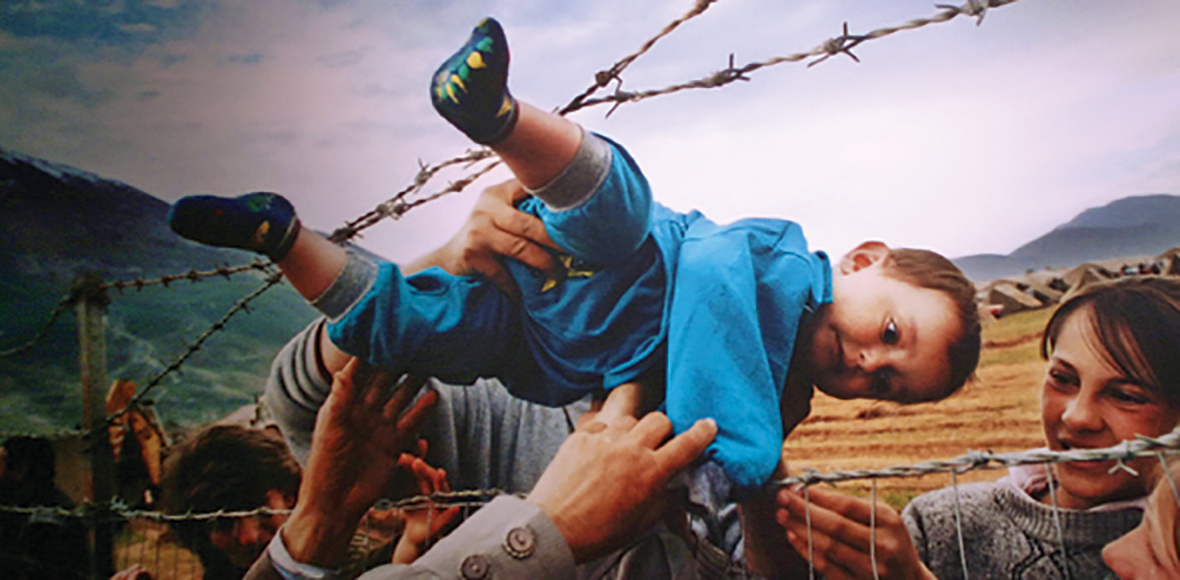
Films & Performance
The festival’s film offerings include the premier of the third edition of Cambridge Shorts at the Arts Picturehouse. Showcasing the research of current Cambridge University students, this fascinating series of short films is a product of creative collaborations between filmmakers and the researchers themselves, exploring everything from looking after stem cells (“It’s like having a thousand pets”) to communicating across the sensory spectrum.
There are some spellbinding live performances to catch across the course of the festival too, including Pitch Perfect: the Sound of the Aulos, with Barnaby Brown. Taking place in the atmospheric setting of the Museum of Classical Archaeology on the 18th, guests are invited to enjoy a glass of wine and follow the sounds of the aulos, the most popular instrument of the ancient world, as the collections are brought to life.
Also promising an evening of glorious music is the finals of the Cambridge Young Composer of the Year competition on the 30th at West Road Concert Hall, and The Touches of Sweet Harmony on the 29th – another homage to the Bard – this time presenting a beguiling selection of music connected with Shakespeare’s life.
Hands-on activities
As always, there’s a busy line-up of interactive activities for all ages throughout the festival. Try your hand at learning Latin, join in a women’s history walking tour of Cambridge, get involved with an archeological dig and help build a Mexican Day of the Dead altar. Got kids to entertain? Check out the treasure hunt taking place at the Museum of Archeology and
Anthropology on the 25th, or take them along to Big Saturday at the Museum of Classical Archeology on the 22nd, when they’ll be laying on trails, craft activities and performances of Ancient Greek Plays.
